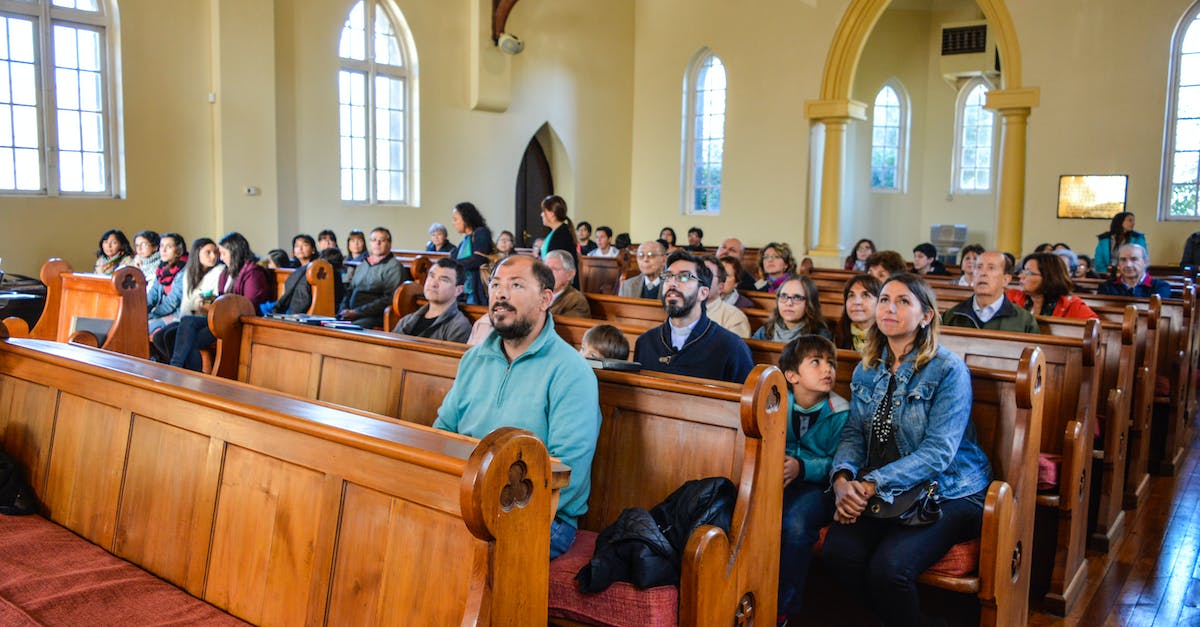Regular church attendance is probably not convenient for anyone. Consistent and whole-hearted participation in the divine liturgy, an active work of service and attentiveness to God and others, a demanding labor beyond passive observation as an audience, is not something that people lapse into at any stage of life.
Login to read more
Sign in or create a free account to access Subscriber-only content.
